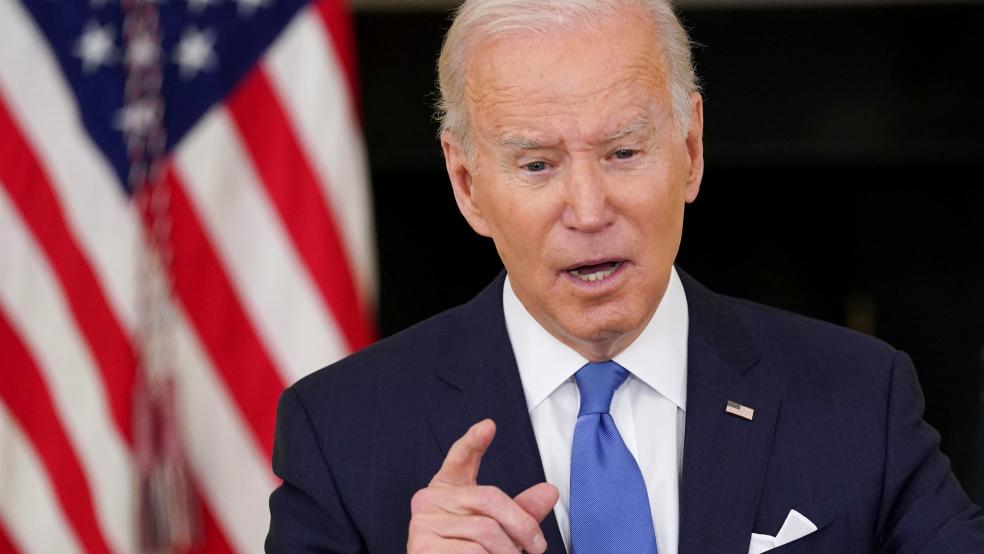Is the United States in a recession, or heading for one? Is red-hot inflation going to cool down? Just how far is the Federal Reserve going to go in its efforts to rein in those price increases? And will Democrats be able to deliver on their promises to bring down health care costs?
We’ll get some answers to those questions, or at least some insights into the state of the economy and Democrats’ long-frustrated legislative efforts, this week.
- The Federal Reserve is expected to raise interest rates by another 75 basis points at the end of its two-day Federal Open Market Committee meeting Wednesday.
- Also Wednesday, the Congressional Budget Office will publish its “2022 Long-Term Budget Outlook,” its latest projections of how economic trends, demographics, rising health care costs and legislation will affect federal spending and revenue over the next 30 years.
- Thursday morning will bring the first estimate of gross domestic product for the United States for April through June — with a chance that the report will show the economy contracted for the second straight quarter, prompting further debate about whether we’re in a recession (see more on this below). We’ll also see other economic data this week, including readings on consumer confidence and inflation.
The recession question: “Truth is, no one really knows if the economy is already in a recession or headed for one,” CNN’s Christine Romans writes. “Generally marked by two consecutive quarters of negative GDP growth and rising unemployment, a recession is officially determined after the fact by a committee of economists at the National Bureau of Economic Research. There is no ‘recession light’ that goes off at the White House and on Wall Street.”
Crunch time for Democrats: On the legislative front, Democrats are racing to finalize their budget reconciliation package — the formerly massive spending bill that’s now been massively scaled back to focus on lowering prescription drug prices and extend increased Affordable Care Act subsidies.
With a planned August recess looming for the House after this week and the Senate after next, both chambers will be pushing to polish off a number of key agenda items, including the reconciliation bill and the “CHIPS-Plus” bill containing $76 billion in subsidies and tax breaks for the semiconductor industry and some $200 billion in other provisions aimed at improving competitiveness with China.
Democrats started the week awaiting guidance from the Senate parliamentarian on their big health care package — and they are reportedly tweaking their drug-pricing plan to ensure that it meets the special rules for a budget reconciliation bill that can be passed along party lines. Democrats are planning to submit revised text to the parliamentarian, Politico reports, noting that the changes “may yet force the party to further delay its plans for Senate consideration of the bill.”
The bottom line: The rush is on for real in Congress. Democrats’ plans may have been further complicated by Sen. Joe Manchin (D-WV), who announced Monday that he has tested positive for Covid and will be working remotely for the time being. House Majority Leader Steny Hoyer (D-MD) reportedly said that if the Senate can pass the reconciliation bill soon, the House would return early from its August recess to take it up. As for the economy, the backward-looking data we get this week — and all the spin that comes with it — may matter less politically than how Americans feel things are going. Right now, that isn’t good for Biden and Democrats, but it’s not November yet.





